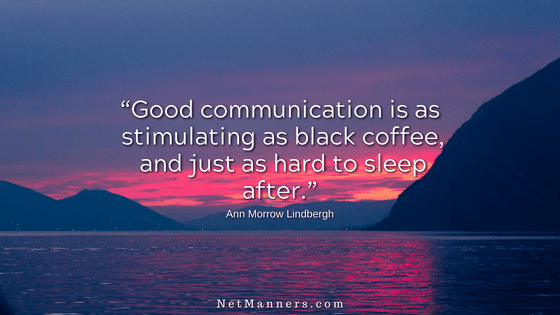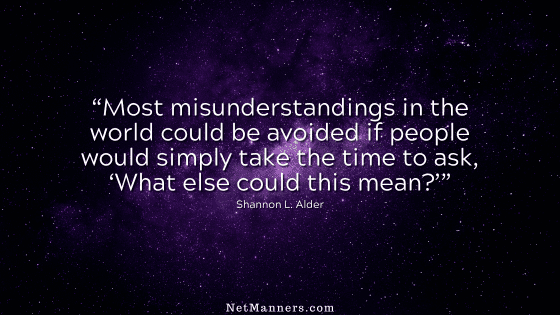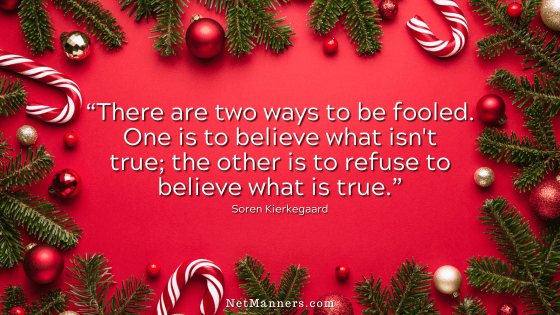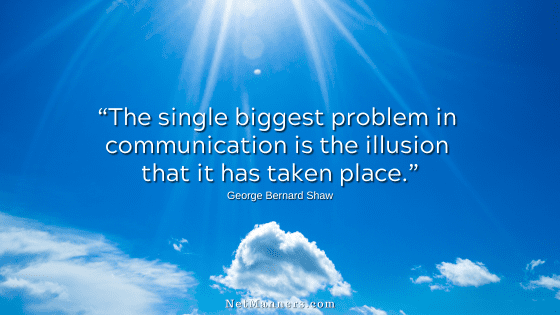Personal vs. Business Emails

There is no difference between personal and business emails regarding writing emails and the creation process.
But there are some distinctions that you need to consider. The idea for this post came from receiving “business” emails with a personal tone and style.
Yes, this is a general Email Etiquette website, but I get business email questions, too. More on that later…
Differences between Personal and Business and Email
The primary difference is that business communications reflect your brand, i.e., your business. What will that say about your commercial enterprise if you communicate with poor grammar, typos, and lack of sentence structure and clarity?
“Hello, I wanna work with you.” Wanna? Yes, I got an email like that just today. Wanna.
Formality does not matter as much regarding your emails with family and friends. However, formality signifies professionalism, capabilities, trust, and respect.
Do not underestimate the above paragraph. Reread it…
By its very nature, email seems informal and relaxed—and for the most part, it is. But that doesn’t mean you should abandon any effort at courtesy.
Courtesy means making your communications clear, concise, and easy to read. If you think about it, that would also go a long way in your communications. (Hence, the reason for this website.)
But when it comes to your business communications, you need to be more aware of the fact that for you to build that necessary trust factor, your style will matter. If you are to be perceived as a reliable and legitimate business partner, it’s not a stretch that the little details can make a huge difference.
An example of that is spam. You can spot it a mile away, right? And why is that? Formatting choices, vocabulary that is sometimes choppy or incoherent, and a lack of professional structure are missing. All the indicators that let you know whether the Sender is trustworthy and legit are missing.
Perception is Reality Online
We all make judgments based on first impressions. We do it daily, on and off-line, whether we know it or not.
First impressions online are often your only chance to leave that oh-so-important positive perception that could mean a new client, order, or business partner.
So, it is wise not to use your business email for your personal activities and opinion posting and your personal address for business matters representing your brand.
A little backstory…
When I started typing about email etiquette 29 years ago, folks began asking about business-related issues. They clarified that they didn’t care about the personal email-related topics I was typing about.
But it became clear that there were different approaches. Wise entrepreneurs instinctively knew that business and personal emails should be handled differently.
Remember that email was so new back then — and embracing online for business was not yet mainstream. Rare were those who understood the subtleties of email communications.
Twenty years ago, I decided that Net M@nners would be solely about everyday email issues, so I started a business-focused email site, BusinessEmailEtiquette.com. That site covers it all with an eBook that I also update yearly.
For those interested in Business Email and technology best practices, here are a few of my top articles over there to start you out:
Details Matter in Personal Email, Too
Email communications include emails to other websites, customer service personnel helping you with your order, or new groups or forums with like-minded members. Even though it is not “business,” being perceived positively is essential to having favorable results, even with your personal emails.
I email pretty much the same way, whether it’s personal or business. It just comes naturally to me to communicate with courtesy and clarity—I don’t have to think about it. In private emails with family and friends, I may be a little less formal with no business signature file, but not much else is different.
I always ensure that grammar, sentence structure, and spelling are correct for business or personal emails. With this approach, you can’t go wrong no matter who you communicate with.
Over time, I believe folks got out of the habit of communicating with the written word. But make no mistake, sharing information and knowledge with the written word is a skill worth building.
Being a clear communicator, checking for typos, and relying on words rather than formatting should apply no matter who or why you email, whether for personal relationships or building business partnerships. That is never going to change.






